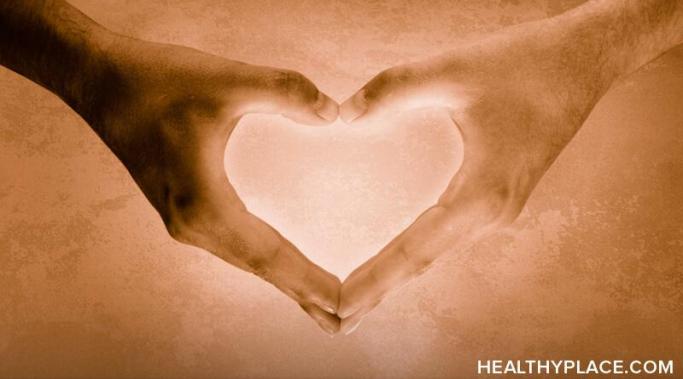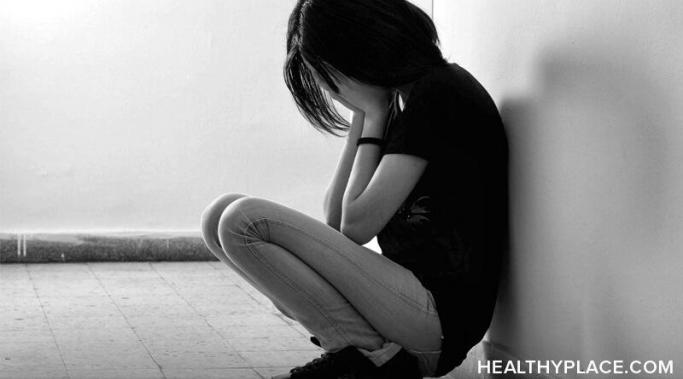Thanksgiving is not my favorite holiday—not even close, in fact. As someone who was raised in a large, boisterous, Italian American family, I understand the importance of seasonal traditions, quality time with loved ones, and communal expressions of gratitude. But as someone who is also in eating disorder (ED) recovery, the overt emphasis on food this time of year can still cause ripples of anxiety to surface. So, as another holiday season rounds the corner, I want to share with you a list of ED recovery affirmations to remember on Thanksgiving. I often repeat them to myself when I feel overwhelmed or anxious during the festivities, and I hope these affirmations calm and re-center you as well.
Violence
#MeToo is far more than just a popular hashtag. #MeToo is a movement that does everything from educate about sexual harassment/assault to drive for societal change. #MeToo is important because it is bigger than one person. I have experience with sexual assault/harassment and as one person, it has been very hard to deal with. I wish #MeToo had been around when it happened to show me that I wasn't alone, educate me about what I needed to know and allowed me to create change for myself. In short, we needed a #MeToo 20 years ago and we need #MeToo today.
By the time my narcissist boyfriend hit me, we were more than a year into our relationship. Though he had yelled at me plenty, I had no clue until the moment his hand crashed into my face that physical violence was in his repertoire. Nor did I know he was a narcissist and already priming another woman to replace me. I did know, having been tipped off by his daughter, that he had kept secret from me an addiction to meth. I should have left upon this discovery, but I was far too enmeshed to escape. Besides, my narcissist boyfriend promised to change and I thought forgiving him was the high road.
There is a scene in No Country for Old Men in which an old man, a wizened retired law man, is reflecting on the troubles facing the world in which he lives. Lamenting these intractable and persistent problems, he says “This country is hard on people.” A more concise and prescient epidemiological statement could scarcely be made.



